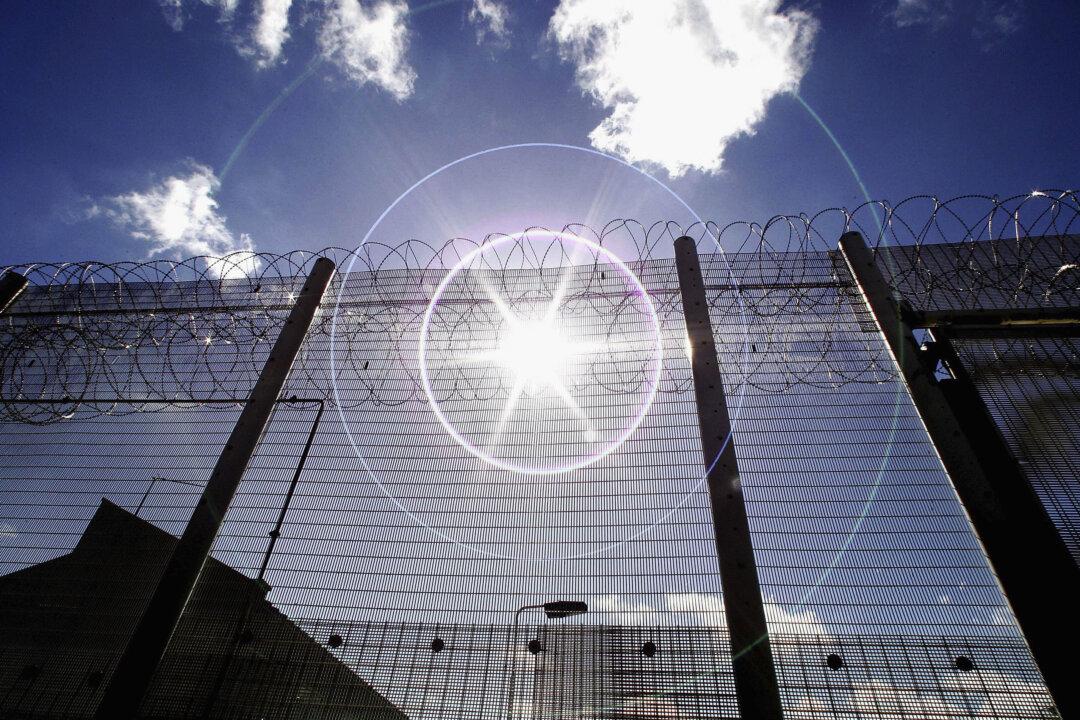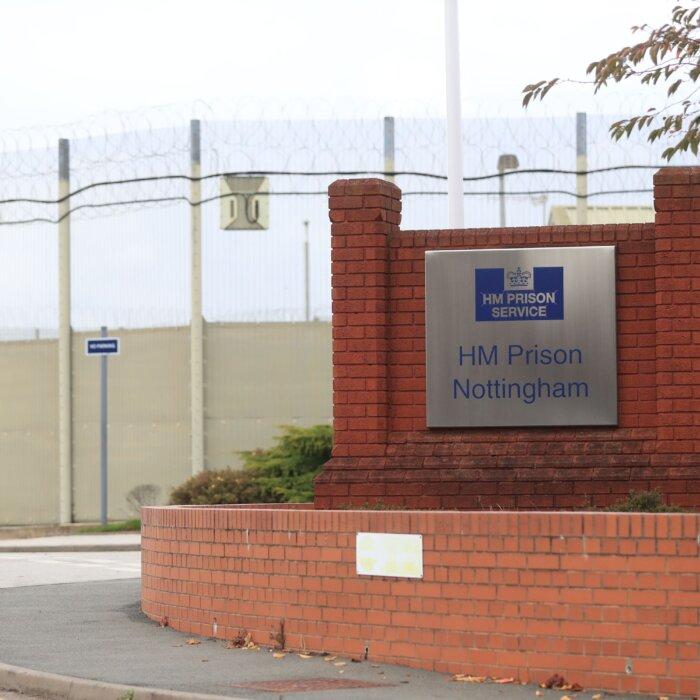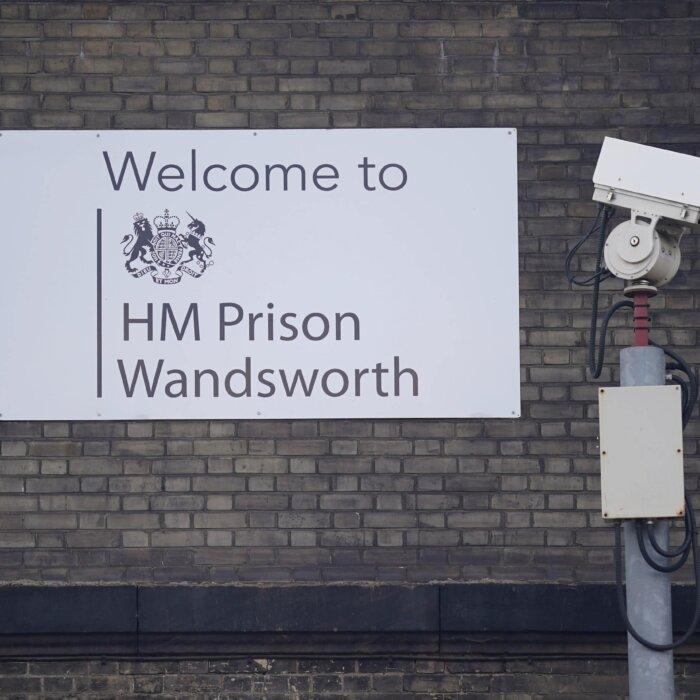Rochester Prison has become the first category C jail to be issued with an urgent notification, following what His Majesty’s Inspector of Prisons (HMIP) described as a “decade of systemic failure and decline.”
On Monday, HMIP said during its inspection of the Kent jail that it found widespread drug use, self-harm, decrepit conditions, and a lack of activities to prepare its inmates for release.
HMP Rochester was inspected between Aug. 12 and 22, and inspectors said the review “was the latest in a decade of successively poor and declining inspections of the jail,” despite the prison having been warned about the watchdog’s concerns following a disappointing independent review of progress in 2022.
Charlie Taylor, HM chief inspector of prisons, said Rochester had been a concern for years, “with consistently poor outcomes which stem from failures in leadership, both locally and nationally.”
“It is particularly concerning that a category C prison, the workhorse of the prison service, should require an urgent notification for our concerns to be taken seriously,” Taylor said.
‘Fundamentally Failing’
Category C prisons like Rochester are training and resettlement prisons, meant to prepare inmates for reintegration into the community and to provide prisoners with opportunities to develop their skills before release.But the prisons watchdog found that Rochester was “fundamentally failing in this, with our checks finding less than a third of those it held being engaged in education, work or training.”
Living conditions at the prison were also described as “squalid,” with “decrepit buildings and infestations of both rats and mice plaguing older buildings,” with inmates forced to make barriers out of cardboard to fill gaps under doors to keep the vermin out of their cells.
There were also concerns about safety, with prisoner assaults increasing by 67 percent in the last year as well as a rising number of cases of self-harm. Use of force was also high, with inspectors finding some instances that were inappropriate.
“Drugs were endemic, with 42% of prisoners testing positive in random testing and more than half of men telling inspectors that it was easy to get drugs, including those prescribed to other prisoners,” HMIP said.
Minister of State for Prisons, Parole, and Probation Lord Timpson called the findings “deeply concerning.”
Prison Overcrowding
Last week, prison inmate figures for England and Wales hit a record high, with some 88,350 people in prison as of Aug. 30, the highest end-of-week figure since weekly population data was first published in 2011.The figures came ahead of a temporary government scheme to release prisoners early in a bid to tackle prison overcrowding.
In the coming weeks, an estimated 5,500 inmates will be released early and will serve the rest of their sentences under strict licensing conditions. The measures will not apply to those convicted of serious crimes such as terrorism, sex offences, domestic abuse, or some violent offences.
Late last month, Prime Minister Sir Keir Starmer said that more prisons will be built once his government has got its “hands on the planning laws.”
“We’ve got to change the planning regulation so we can build the prisons we need, because they’re taking far too long, it’s far too slow, and that’s amongst the reasons we’re in the position we are,” Starmer said.
Operation Early Dawn
Last month, the Ministry of Justice activated an emergency measure to avoid prison overcrowding in the north of England, following the large number of people charged and custodial sentences handed down in connection with anti-immigration rioting.It is designed as a short-term solution for when prisons are in danger of being at full capacity and there is a possibility of defendants being remanded into custody after they enter a plea.
The measure was introduced by the previous Conservative government in October 2022 and was last triggered in May.







